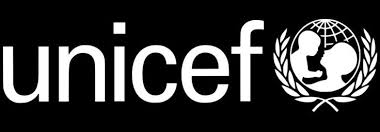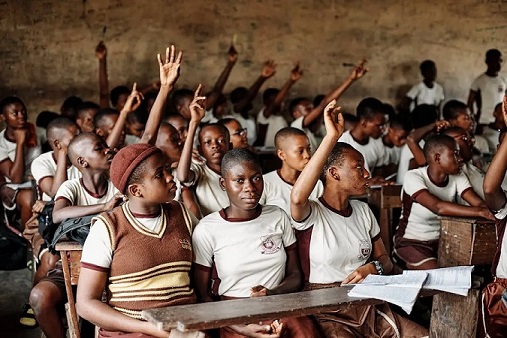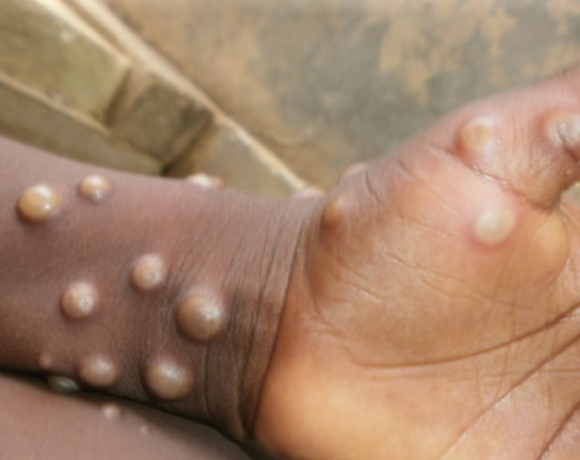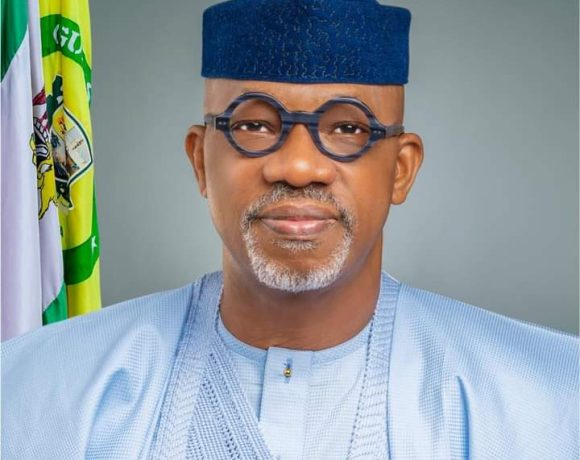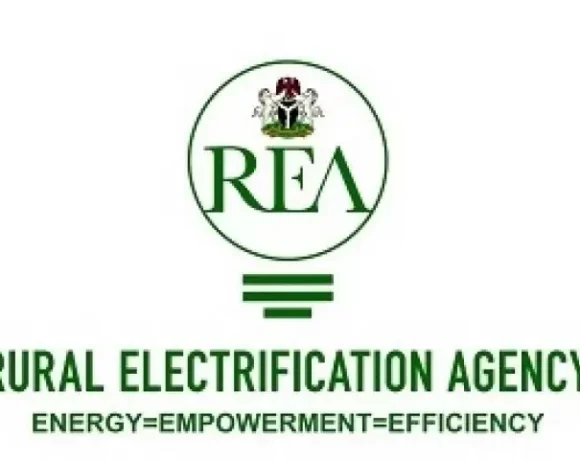UNICEF Raises Concern Over Rising Number of Out-of-School Children in Southwest Nigeria
UNICEF
The United Nations Children’s Fund (UNICEF) has raised alarm over the increasing dropout rates among adolescents in primary and secondary schools in the Southwest region of Nigeria, which includes Ekiti, Oyo, Lagos, Ondo, Osun, and Ogun states. According to UNICEF, dropout rates in this region range from 8% to 15%.
Dropout and Completion Rates
UNICEF’s Education Specialist, Azuka Menkiti, revealed during a two-day regional meeting in Ibadan that while 92% of children complete primary school, only 85% complete secondary school. She warned that if this trend continues, it could severely affect the education sector in both the region and the country.
Focus on Retention and Transition
Menkiti explained that the meeting was part of UNICEF’s efforts to support states in improving school retention, transition, and completion rates. She highlighted that UNICEF has been working for the past decade on successful interventions, particularly in girls’ education, and is now expanding these efforts to address the broader issue of adolescent dropouts. The meeting brought together education officials from the Southwest states to review and adapt successful intervention models. Menkiti stressed the need for states to commit to adequate funding for secondary education and to develop credible data to support advocacy efforts.
This is a two-day regional meeting for the Southwest zone of Nigeria. UNICEF is working to support states in enhancing retention, transition, and completion of secondary education for adolescents.
Students in The Classroom
Barriers to Education
UNICEF also emphasized the importance of addressing the social norms and barriers that keep children out of school. The organization is working with community leaders and other stakeholders to ensure that children not only attend school but also receive a quality education. Babangana Aminu, a UNICEF Education Specialist from Lagos, urged the government and educational stakeholders to focus on fundamental literacy, numeracy, and transferable skills to help children succeed in today’s world. He noted that while most children in the Southwest are in school, retention remains a significant issue.
Oyo State’s Progress
Oyo State Commissioner for Education, Science, and Technology, Professor Saliu Adelabu, acknowledged that the state had previously struggled with high numbers of out-of-school children but noted improvements. He added that the government is working to address the security challenges posed by the influx of children from the northern part of the country and is providing vocational training for those who cannot return to formal education.
The increasing dropout rates among adolescents in Southwest Nigeria highlight a critical challenge for the region’s education system. UNICEF’s ongoing efforts to improve school retention, transition, and completion rates are crucial steps toward ensuring that every child receives a quality education. However, achieving this goal will require strong commitments from state governments, communities, and stakeholders to address the barriers keeping children out of school and to invest in the future of these young learners. The progress in Oyo State serves as a reminder that with coordinated efforts, significant improvements can be made.


